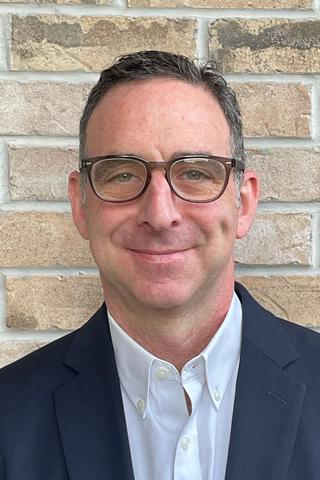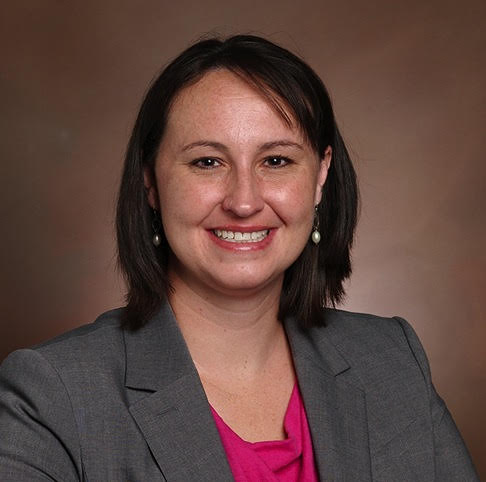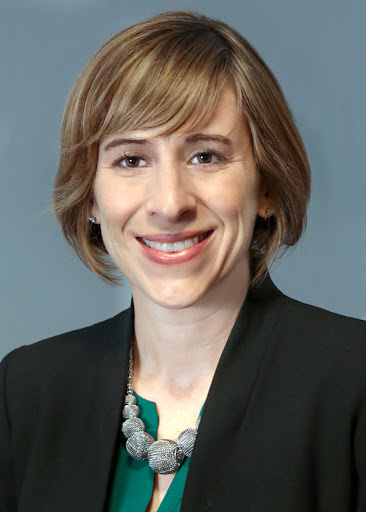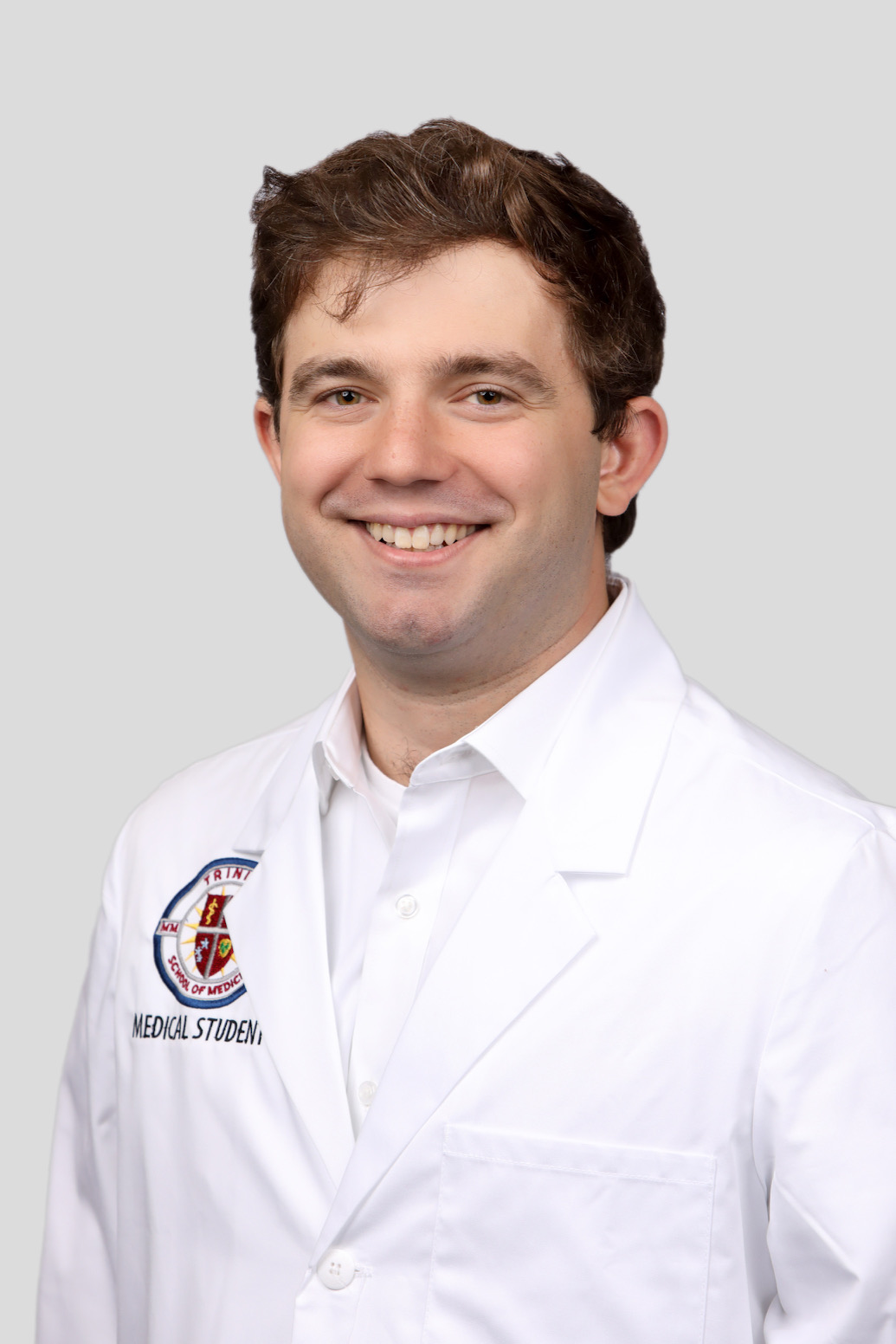Research Learning Series (RLS): Research Early in Your Career
-

David H. Adler, MD, MPH
Professor, Department of Emergency Medicine
University of Rochester
Dr. Adler, MD, MPH, is an emergency physician, educator and researcher. He received his medical training at the University of California at San Francisco and his residency training in emergency medicine at Highland General Hospital in Oakland, California. Dr. Adler has been core faculty in the University of Rochester’s emergency medicine residency program since 2006. He is the Vice Chair of Emergency Medicine, Research, and also directs the SAEM-approved Emergency Medicine Research Fellowship.
Dr. Adler is the site principal investigator for URMC’s participation in the SIREN network and has served as site-PI for a number of multi-center federal and industry sponsored trials.
Dr. Adler’s research background focused on Human papillomavirus and cervical cancer risk among South African women with HIV. This work generated a specimen repository housed at URMC that is now being used, in collaboration with colleagues from Infectious Diseases, to investigate the reproductive tract microbiome in HIV-infected women.
Dr. Adler is currently the principal investigator in a line of research evaluating interventions to increase cancer screening uptake among emergency department (ED) patients. Disparities in healthcare access are often magnified among ED patients who are disproportionately likely to be non-adherent with cancer screening recommendations – making the ED a target-rich environment for interventions that increase screening uptake.
Dr. Adler is Co-Chair of the NCI-supported Comprehensive Oncologic Emergencies Research Network (CONCERN).
-

Layne Dylla, MD, PhD
Assistant Professor
University of Colorado School of Medicine
Dr. Dylla has a passion for medicine and using research to advance her treatment of many patients. She pursued this passion for medicine and research as dual MD/PhD student at the University of Colorado in the Medical Scientist Training program where she studied the oncogenic role of microRNAs in Ewing Sarcoma. Dr. Dylla subsequently completed her Emergency Medicine Residency training and a dual Experimental Therapeutic and Emergency Medicine Research fellowships at the University of Rochester Medical Center. Dr. Dylla has been the recipient of several career development and pilot study research grants. This work continues to focus on development of stroke treatments for the prehospital and ED settings, with an emphasis on sex differences in the underlying response to stroke and gender disparities in the care for stroke.
-

Tracy Madsen, MD, PhD
Associate Professor of Epidemiology and Emergency Medicine
Brown University
Dr. Tracy Madsen is an Associate Professor of Emergency Medicine and Epidemiology at Brown University, the Vice-Chair of Research in the Department of Emergency Medicine, and serves as the Interim Director of the Division of Sex and Gender in Emergency Medicine. Dr. Madsen received her MD from the Boston University School of Medicine and completed a residency (with last year as Chief Resident) at Brown University before completing a research fellowship in the Division of Sex and Gender Medicine at Brown University. She completed a Master’s Degree in Clinical and Translational Research (2014) and a PhD in Epidemiology (2021), both at the Brown University School of Public Health. Dr. Madsen has expertise in sex and gender based medicine, acute cerebrovascular disease, stroke epidemiology and prevention, and disparities in the healthcare system and in the emergency medicine workforce. She is funded by the NHLBI, has over 100 peer reviewed publications, speaks nationally and internationally on topics including stroke in women, health inequities in stroke, and disparities in the academic EM workforce, and is regarded as an expert in the field of stroke in women. She is currently serving as the 2021 National Academy of Medicine/ ABEM Fellow.
-

Cole Ettingoff, MPH
Medical Student
Trinity School of Medicine
Cole Ettingoff is a medical student at Trinity School of Medicine. He serves on several SAEM committees, chairs the ACEP Social EM Section working group on program evaluation and implementation, and leads several projects within NAEMSP. Prior to medical school, Cole worked in public health; first for the city of San Francisco, where his focus was on social determinants of health and improving quality of care. Then, in Montgomery County, Maryland, Cole helped lead the county-wide COVID task force and helped build a mobile integrated health program. He has been active in several leadership roles in the American Public Health Association and the American Association of Public Health Physicians, including chair of APHA's 2024 Symposium on Responding to Behavioral Health Emergencies. He is passionate about improving the quality of care for acute conditions in the prehospital and ED settings. He has a special interest in integrating the principles of EM, EMS, and public health in embracing EM's role as the ultimate safety net to collaborate and offer improvements for health outcomes.

